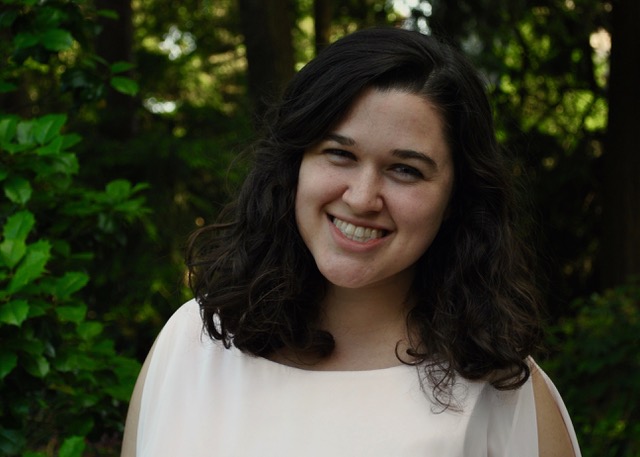Kathryn Phipps

Contact
Department/Subdepartment
Education
Ph.D. University of Pennsylvania
Areas of Focus
Late medieval and early modern Spanish literature (15-17th centuries), Inquisition and heresy, gender studies, women writers, paleography.
Biography
Kathryn Phipps holds her Ph.D. and M.A from the University of Pennsylvania and her B.A. from Princeton University. She investigates the cultural history of the Early Modern Hispanic world through the eyes of its outcasts. Kathryn has recently published with Humanities, Renaissance and Reformation, and The Journal of Early Modern Christianity with contributions to the study of the Reformation in Spain as well as the transatlantic Inquisition.
Ongoing Research
Her book manuscript is titled, Women Accused of Lutheranism in Early Modern Spain, 1532-1564, and is under contract with Taylor and Francis. It is the first book to address the surprising number of women accused of preaching Lutheran doctrine in Spain. Despite widespread prohibitions against women teaching on spiritual matters, they worked together to circulate subversive ideas. This book analyzes discourses of gender and heresy in the confessions they gave as they testified for their lives before the Spanish Inquisition. While we know discourses of feminine ignorance and obedience were commonplace in such confessional writing, this book demonstrates that these notedly bookish women did not hide behind misogynistic rhetoric but instead displayed their intellectual confidence—even as the stakes were literally raised.
Currently, Kathryn is co-editing a special issue on the world of Úrsula de Jesús, a 17th century Peruvian visionary, whose life and writings center conversations about Blackness, gender, and coloniality amidst the raging spirituality of viceregal Lima. She is also pursuing a second project on literary confession from the lyrical Cantiga tradition in Galician-Portuguese to the rough and tumble rogues of the picaresque.
Teaching at Bryn Mawr
In the classroom, she encourages risk-taking, curiosity, and critical thinking. In writing-focused courses like "Escritoras, brujas, y otros herejes," "La España pícara", and "Ficciones de la confesión" she introduces students to the Early Modern Hispanic World through its misfits: foregrounding the stories of individuals who pushed the boundaries of what it means to belong to imperial societies. Her language classes prioritize community and connection as keys to language acquisition, and she approaches each class with creativity and enthusiasm.
At Bryn Mawr, she also runs a paleography working group that is currently transcribing trials against moriscas—women who converted to Christianity from Islam—housed at the University of Pennsylvania. The group meets weekly and is open to all Tri-Co students.
On the rare chance Kathryn is not tucked away somewhere with a book, she can most likely be found in a ballet studio or making friends with a stranger over a cup of locally roasted coffee.
Recent Publications
Phipps, Kathryn. 2025. "Staging autos-de-fe: Sense and Sacramentality during the Spanish Reformation." Renaissance and Reformation 48 (1-2): 51-86.
Phipps, Kathryn. 2025. "(Il)legible Orthodoxy: Diligence and Impertinence Before Inquisitorial Curiosity." Humanities 14 (2).
Phipps, Kathryn. 2024. "Hope from the Ashes: Juan Pérez de Pineda’s Mystical Body beyond Neoplatonic Consolation." 11 (1): 53-76.